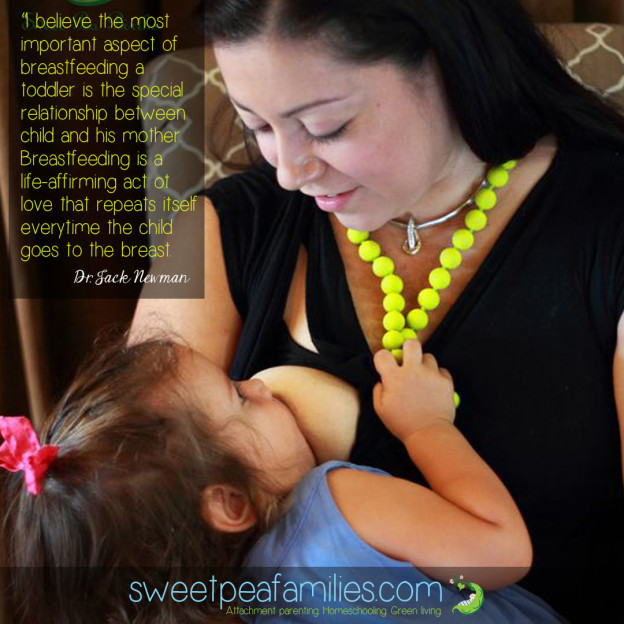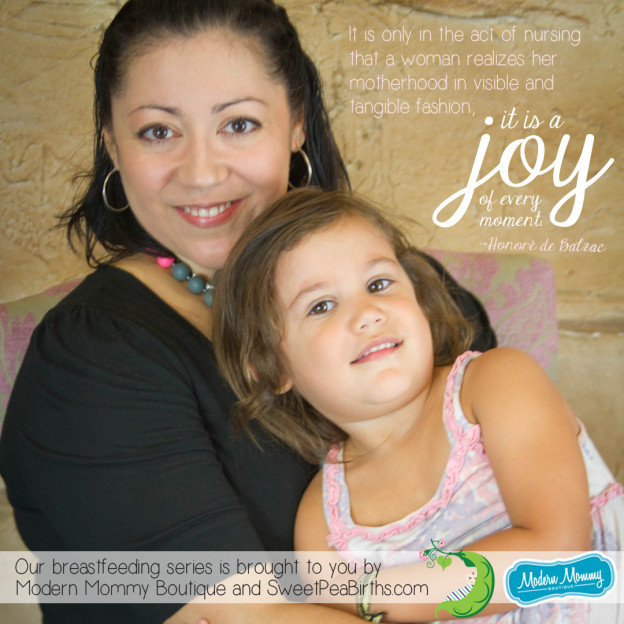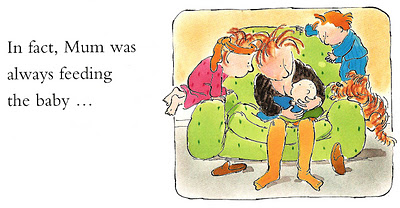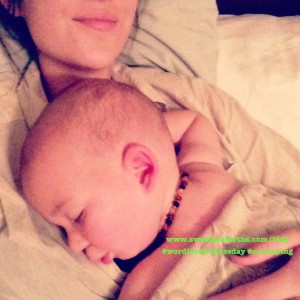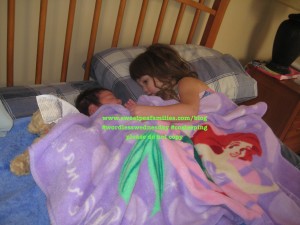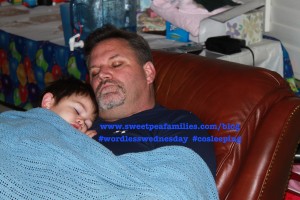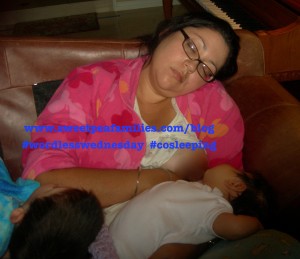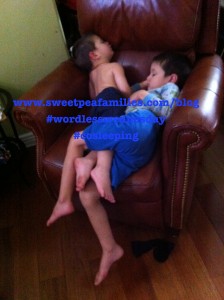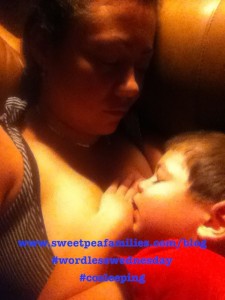I wrote about how extended breastfeeding looks in our family last week (HERE). As I wrote today’s post for SPB, it occured to me that I have so many reasons why this choice has worked for us that I have never written down. I will share five that I can think of right now.
Why do I breastfeed children long after they can ask for milk??
P.S. that is a common reason why people say they are disgusted by extended breastfeeding, “Once they can ask for it, it’s over.” FACT CHECK: Did you stop giving your child other liquids or solids once they started speaking??? A: NO! Nobody in their right mind leaves a small child alone in the kitchen to fend for themselves simply because they can make requests. Just because your child can ask for milk does not singly disqualify them from being breastfed ever again.
It keeps us connected.
Toddlers are a force of nature to be reckoned with. Constantly moving, constantly building new skills, and testing the limits of what they can do (or break!). These little balls of energy can be a challenge to keep up with as they learn about the world around them and their place in it. Breastfeeding has provided the opportunity to look them in the eye and share a moment of stillness in an otherwise crazy day.
It provides more good stuff as they age.
The older the child, the more antibodies and DHA are found in the milk. So, as your child grows in exploration, the mother’s body naturally increases protection against all the things the child is touching and putting in their mouth. In addition, the DHA brain-building component increases as your child’s age increases. It continues to increase throughout the breastfeeding relationship to keep up with brain growth, which has a one-year growth spurt. If biological breastfeeding is followed through until a child loses their milk teeth (aka baby teeth), they will receive the benefits of DHA through all the years of brain growth, which plateau between 5-7 years of age. (True statements!! I will add some references to this section tonight when I don’t have our homeschool day looming ahead of us!)
It protects me.
The longer a woman breastfeeds, the less likely she is to develop breast cancer. This one is huge for me since two of my aunts are breast cancer survivors.
Find the study HERE
About the study from an American Cancer Society article examining the claim that breastfeeding lowers cancer risk. Overall, the article says that more research is needed, but I liked their concise summary of the study.:
“For every 12 months of breastfeeding (either with only 1 child, or as the total period of time for several children), the risk of breast cancer decreased by 4.3%, compared to women who did not breastfeed. Risk decreased by 3.4% for each child breastfed, compared to women who did not breastfeed. This lower risk did not differ by women’s age, race, numbers of births, age at birth of first child, family history, or country of residence.”
Even though the American Cancer Society says that more study is needed, the fact that several studies have shown some decrease in risk is enough for me to err on the side of caution and keep breastfeeding as long as the Sweet Peas are willing to keep on nursing.
It makes me sit still.
Between homeschooling, projects, and a list to work through every day, I am my own tornado moving through the house. Breastfeeding makes me sit down, breathe, and take a deep breath. It forces me to respond to my Sweet Pea instead of doing “one more thing”. Once the days of babywearing are over*, sit-breaks to breastfeed provide think-time in an otherwise busy day. I usually practice a little meditation to settle down and be present with my Sweet Pea.
It helps me forgive them.
The constant testing, NO responses, testing. It can be so frustrating when all you want to do is get from Point A to Point B in a straight line, and they insist on taking every detour and side-trip along the way. The biological hormone loop that happens with breastfeeding not only makes more milk, it makes us fall in love with them a little bit more every time we put them to the breast.
There are days when this response has been the only thing to keep me sane. I am eternally grateful that we have had this biological mechanism in play during Otter’s Reign of Toddler. No matter how crazy the day has been, they end with me cradling her in my arms as she nurses to sleep and turns back into a sleeping angel on earth. And me squeezing her a little tighter, and maybe shedding a tear or two as I thank God that we have survived another day.
It brings them back from the brink.
Speaking of testing boundaries and going over the edge, having the option to offer nursing when all else has failed to solve a problem has been a great boon. Crying? Tantrums? Disappointment? Frustration? Mommy can fix that with one cradle into the breast and a little warm milk can solve a myriad of toddler acting-out scenarios. Is it forever? Absolutely not…yet while it works, it feels like a miracle. LIttle by little, they start to say, “No!” and honoring that helps us to help them learn more coping mechanisms when they are ready to learn them.
So there are five of my “whys” – hopefully this will help you with words to say to the people in your life who are questioning your choice to breastfeed beyond six months or the first birthday. Breastfeed on your terms – you will not regret doing what your instincts are telling you are best for you and baby.
*Going back to work with Puma made me an expert in breastfeeding in a carrier. Hence, hands-free breastfeeding *and* getting things done. I usually wind down daily use of carriers or slings on a regular basis after the second birthday simply because our children get too heavy to wear all the time. I know plenty of families that babywear well beyond this age; just like breastfeeding, it’s a personal choice dependent on what works for the family.

